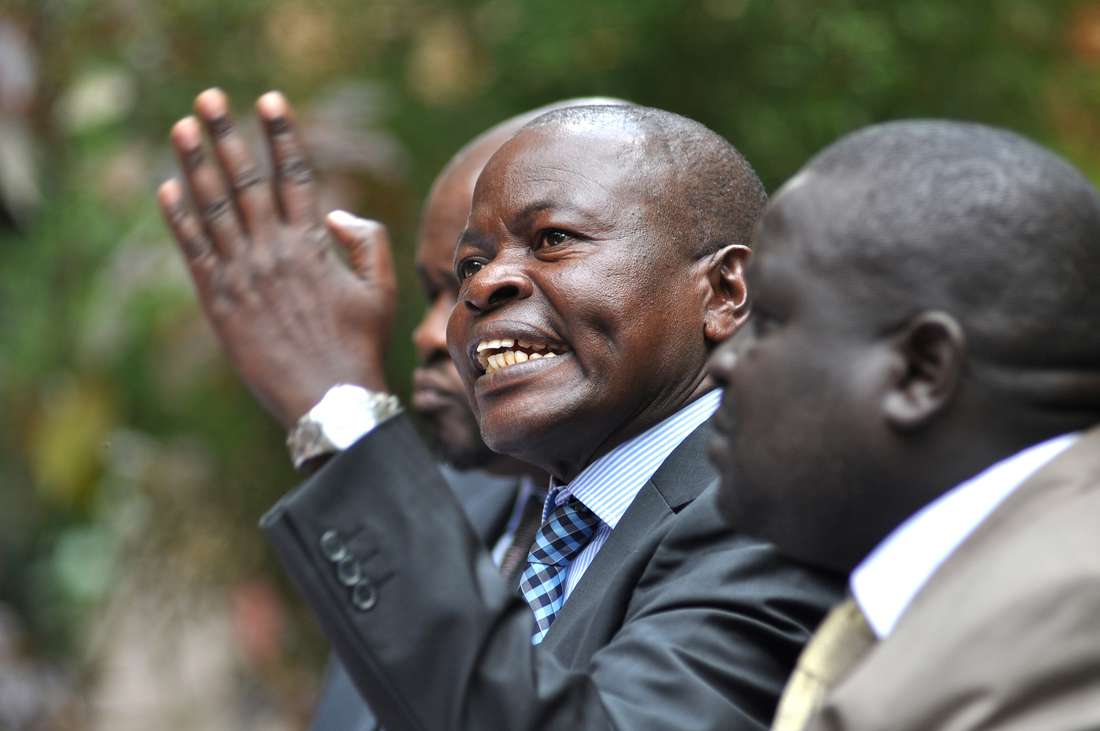Devamatha Hospital cardiologist: Raila Odinga battled underlying health conditions before death

According to Cardiologist Dr Sister Alphons, Odinga’s condition worsened after he collapsed during a morning walk and could not be revived despite extensive CPR efforts.
A Cardiologist at Devamatha Hospital in Kochi, India, has revealed that the late former Prime Minister Raila Odinga had underlying health conditions, including diabetes, hypertension, chronic kidney disease and a right lower limb deep vein thrombosis (DVT) for which an IVC filter had been placed.
According to Cardiologist Dr Sister Alphons, Odinga’s condition worsened after he collapsed during a morning walk and could not be revived despite extensive CPR efforts.
More To Read
- I feared for my life due to planned attacks: Gachagua on why he skipped Raila’s State funeral
- Nairobi County Assembly pays emotional tribute to Raila’s enduring influence
- From India to Kasarani: The untold story of Raila Odinga’s final journey home
- Raila’s grave becomes political pilgrimage site as leaders vie for his legacy
- Four suspects arrested as detectives recover firearm stolen from GSU officer during Raila’s funeral
- ODM meets families of victims killed during Raila Odinga’s body viewing
Dr Sr Alphons said Odinga was brought to the facility’s emergency unit at around 8:20 am (Indian Time) after collapsing during his routine morning walk near an Ayurvedic hospital close to Devamatha Hospital.
“He was brought to our emergency medicine department with the history of a sudden collapse during his morning walk. His doctor and security team had already initiated CPR (cardiopulmonary resuscitation) before arrival,” she said.
“Upon arrival, we continued active CPR, performed emergency intubation to secure the airway, and transferred him to the ICU with full medical support.”
She noted that initially, there was no pulse or blood pressure, even upon palpation.
Sr Alphons indicated that after continued resuscitation, a brief rhythm was detected on the monitor showing ST elevation on the ECG, alongside regional wall motion abnormalities, indicating reduced movement in the heart’s anterior wall.
“This suggested hypokinesia, or reduced motion in that artery territory. We stabilised him with IV fluids and administered a clot-dissolving injection, reteplase, to address possible coronary blockage,” she said.
She further disclosed that Odinga exhibited significant swelling in his right leg and that information from his attending doctor indicated he had been managing diabetes, hypertension, chronic kidney disease and a previous right lower limb DVT for which an IVC filter had been inserted.
“Recently, he had also suffered a thin subdural hematoma, which was reviewed by a neurosurgeon last Saturday. After consulting with the neurosurgeon who accompanied the patient from Sree Tarim Hospital, we proceeded with thrombolysis using reteplase and continued CPR from 8:00 am until 9:52 am despite all ACLS protocols being followed,” she said.
“In spite of our very sincere and continued efforts, we could not revive him.”
She extended her condolences to Odinga’s family and the people of Kenya, expressing deep sorrow over his passing.
President William Ruto has announced a seven-day national mourning period for the late former prime minister, during which the Kenyan flag will be flown at half-mast.
Ruto also announced that Odinga will be accorded a state funeral with full honours.
“We have lost one of Africa’s greatest leaders, a giant of democracy, a fearless fighter, and a tireless warrior of good governance,” he said.
“Raila Amolo Odinga’s name will forever be etched in the story of our republic: a story of struggle, sacrifice, courage, rule of law, hope, and our pursuit for excellence.”
The President described Odinga as a patriot who dedicated his life to justice and whose ideals transcended politics.
“As a mark of respect, I have postponed all my public engagements for the coming days to join the nation in this period of mourning and deep reflection,” he said.
Ruto also issued a presidential proclamation directing that all senior government officials and Kenyan diplomats abroad shall not fly the national flag on their official vehicles from Wednesday until Odinga’s burial.
He further disclosed that the Indian government had offered to assist in repatriating Odinga’s remains to Kenya.
A long-time opposition leader and democracy advocate, Odinga was detained multiple times during the Moi era over his involvement in the 1982 coup attempt. He served as Lang’ata MP from 1992 to 2013 and as Prime Minister from 2008 to 2013 in President Mwai Kibaki’s grand coalition government.
Odinga ran for president five times: in 1997, 2007, 2013, 2017, and 2022. Following the disputed 2017 election, he entered a political truce with former President Uhuru Kenyatta in the 2018 “Handshake” that realigned Kenya’s political landscape.
In recent years, Odinga had formed a working arrangement with President Ruto’s administration following a March 2025 “broad-based government” deal.
Top Stories Today















































